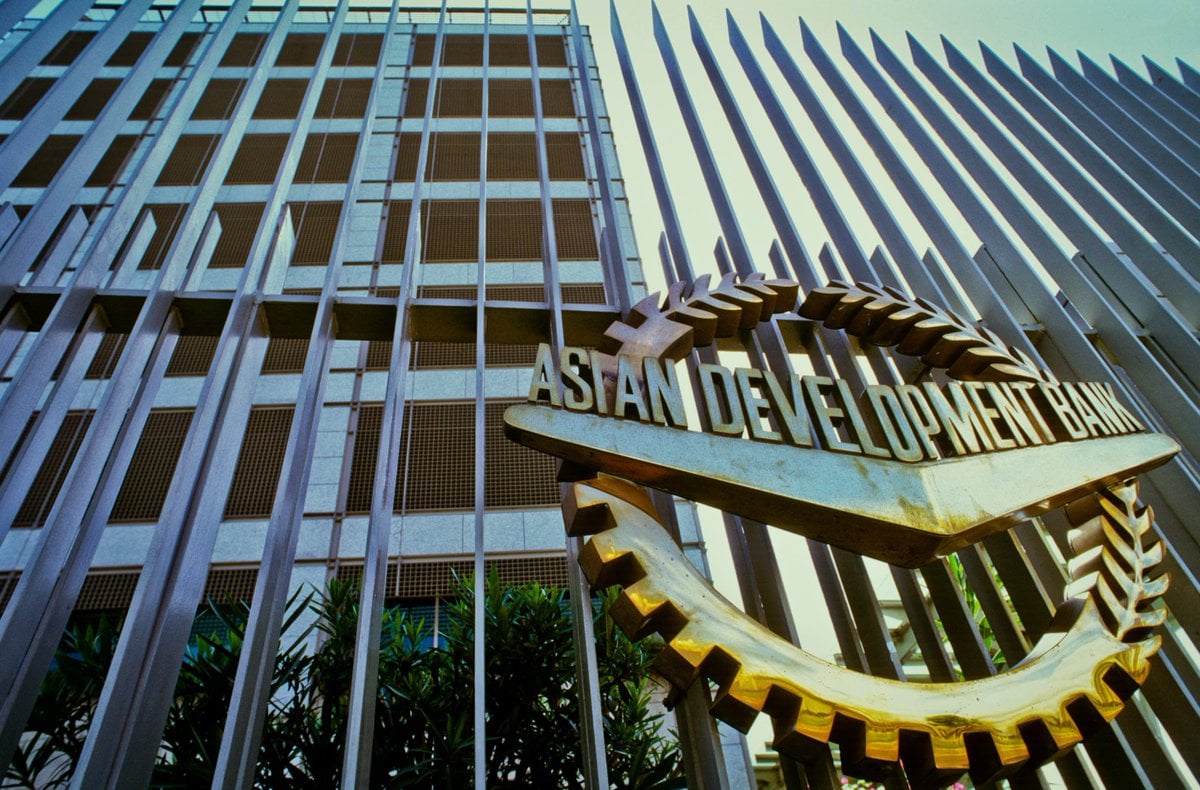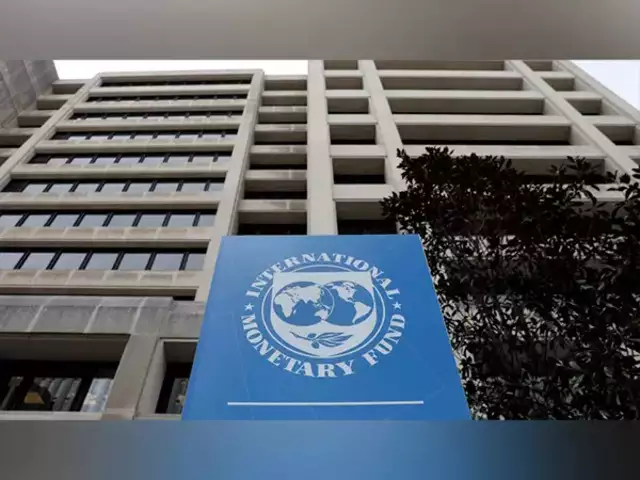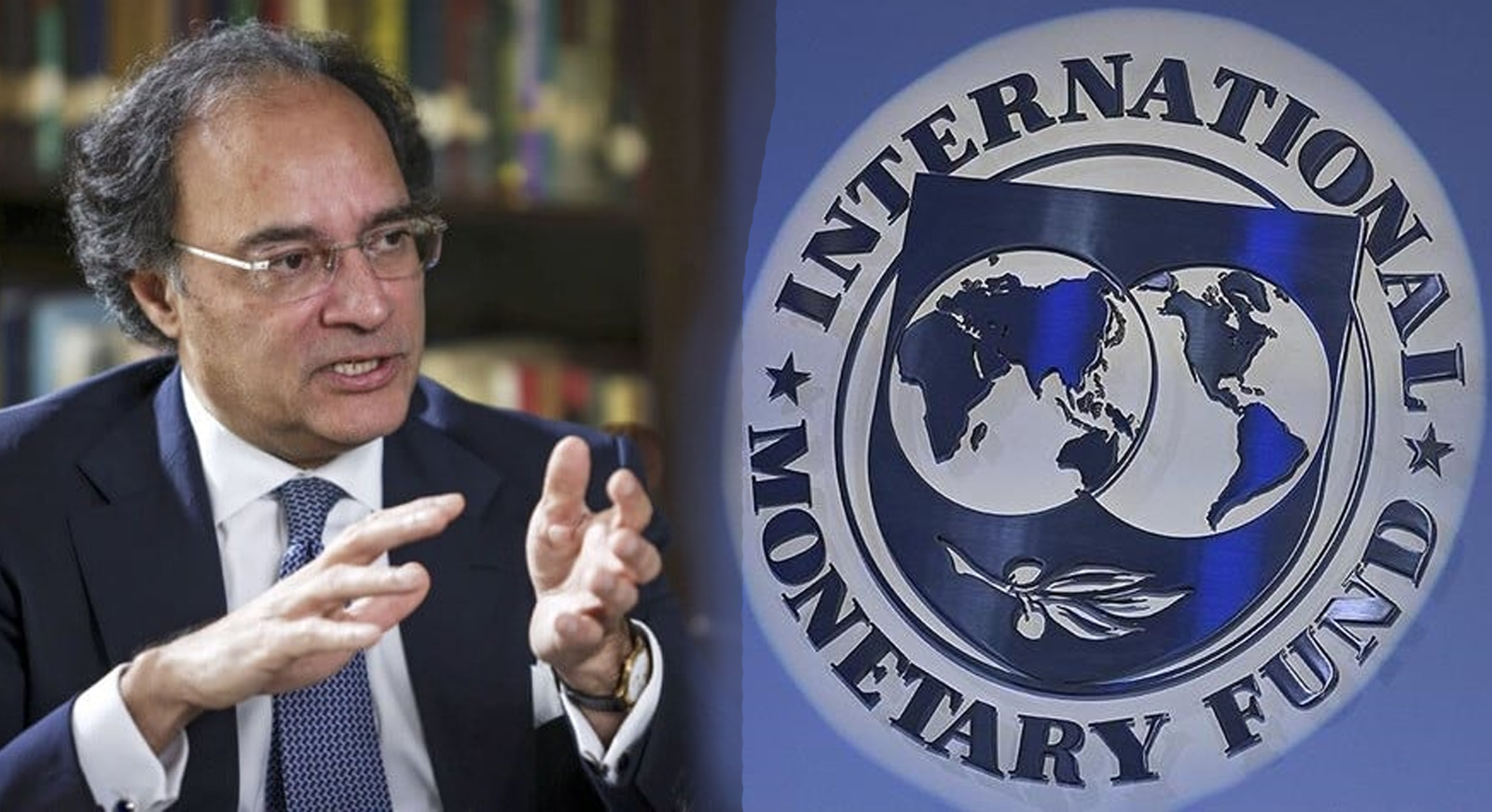PTBP Web Desk
The Asian Development Bank (ADB) has reiterated its unwavering support for Pakistan’s efforts to implement much-needed structural reforms, create fiscal space, and stabilize its economy.
This assurance was given during a high-profile meeting between ADB Executive Directors and Ahad Khan Cheema, Pakistan’s Federal Minister for Economic Affairs, on October 9, 2024. The meeting served as part of a broader consultation process to ensure that ADB’s initiatives align with the Pakistani government’s developmental priorities and reform agenda.
The delegation from ADB, which includes Executive Directors and Alternate Executive Directors, is on a week-long visit to Pakistan from October 6 to 12, 2024. The primary goal of their visit is to engage in discussions with Pakistani government officials and other key stakeholders, enhancing collaboration on development projects and ensuring that ADB’s support remains closely aligned with the government’s strategic priorities.
In the meeting, Ahad Khan Cheema emphasized the importance of the long-standing relationship between Pakistan and ADB, noting that the partnership had been reaffirmed during a recent visit by ADB President Masatsugu Asakawa. Cheema underscored Pakistan’s commitment to a comprehensive reform agenda aimed at restoring macroeconomic stability and fostering sustainable growth across the country.
Cheema highlighted several priority areas where Pakistan is currently focusing its reform efforts, many of which will benefit significantly from ADB’s support. These areas include:
Digitization of the Tax System: One of the key goals of the government’s reform strategy is the digitization of the tax system to improve transparency, reduce tax evasion, and enhance overall revenue collection. By increasing tax revenues, Pakistan aims to create much-needed fiscal space, reduce its fiscal deficit, and provide more resources for development initiatives.
Energy Sector Improvements: Pakistan’s energy sector has long been a critical challenge, and reforming this sector is a top priority for the government. Cheema mentioned that improvements in energy efficiency and the restructuring of energy markets are essential to providing reliable and affordable energy to consumers while reducing the fiscal burden associated with energy subsidies.
Restructuring of State-Owned Enterprises (SOEs): Another focus area is the restructuring of Pakistan’s state-owned enterprises (SOEs). SOEs, which play a significant role in the economy, have often faced financial inefficiencies and governance issues. Cheema pointed out that reforms in this sector are crucial to reducing fiscal leakages and ensuring that these enterprises contribute positively to Pakistan’s economic growth.
During the meeting, Cheema also highlighted the tangible benefits that Pakistan has begun to experience as a result of the ongoing reform initiatives. He pointed out that the country’s currency has stabilized, inflation has been reduced, and Pakistan’s fiscal position has become more robust. These improvements, he argued, reflect the government’s commitment to seeing the reform agenda through and delivering positive economic outcomes for its citizens.
Cheema further emphasized the importance of continued ADB support in several critical sectors that are vital for Pakistan’s long-term development. Among the top priorities are:
Climate Action: Pakistan is one of the countries most vulnerable to the effects of climate change, and the government has made addressing climate risks a key part of its development agenda. Cheema called for ADB’s support in helping Pakistan build climate-resilient infrastructure and implement policies that reduce carbon emissions and promote sustainability.
Infrastructure Development: Developing infrastructure is essential for sustaining economic growth and improving the quality of life for Pakistan’s population. Cheema highlighted the need for ADB assistance in upgrading transportation networks, enhancing urban development, and improving water and sanitation systems.
Social Uplift and Poverty Reduction: Reducing poverty and uplifting marginalized communities remains a top priority for the Pakistani government. Cheema discussed how ADB’s continued support in sectors such as education, healthcare, and social safety nets could help improve living standards for millions of Pakistanis.
The ADB delegation reaffirmed its commitment to supporting Pakistan’s efforts to implement these reforms and drive sustainable development. The visiting Executive Directors acknowledged the significant progress Pakistan has made and emphasized the ADB’s readiness to continue collaborating with the government to achieve the country’s long-term development goals.
The visit of ADB’s high-level delegation underscores the deep and robust partnership between Pakistan and the ADB, which has played a key role in supporting the country’s economic development over the years. By aligning its support with the government’s priorities, ADB aims to help Pakistan stabilize its economy, generate fiscal space, and implement structural reforms that can unlock long-term growth.




